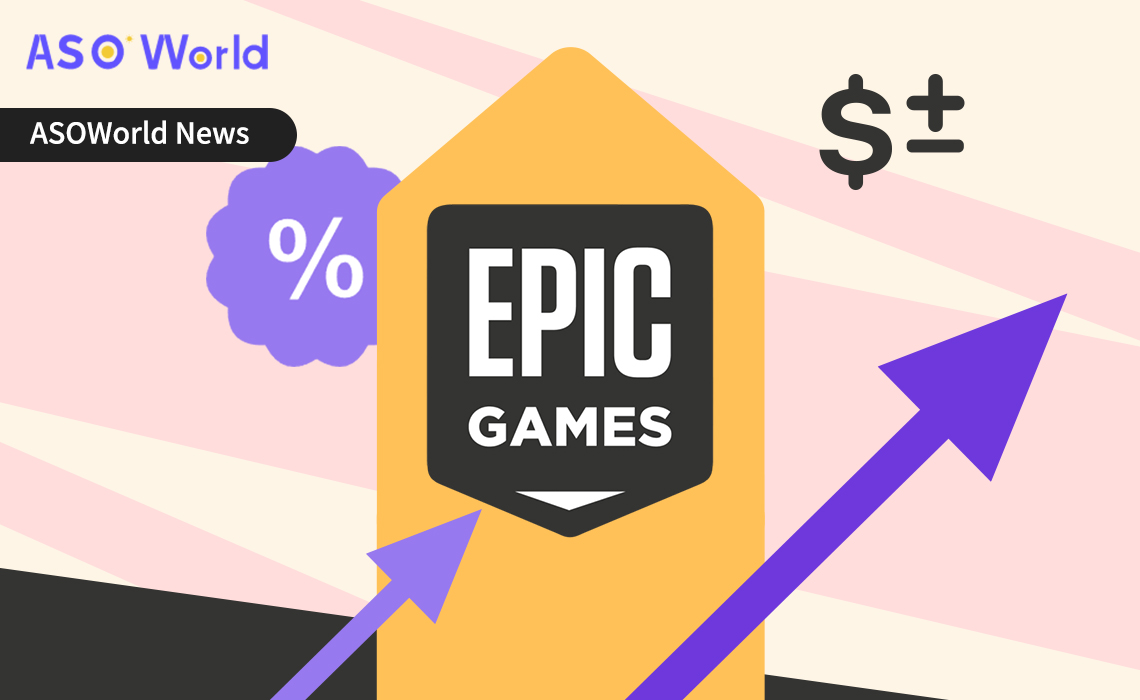
In a significant shift from its traditional royalty-based model, Epic Games has announced a new per-seat pricing structure for non-game developers using its Unreal Engine. This change is set to take effect in late April with the release of Unreal Engine version 5.4.
A New Era for Unreal Engine
Shift from Royalty to Subscription
Epic Games, the creator behind the popular game Fortnite, has revealed that non-game developers will be charged an annual subscription fee of $1,850 per seat.
This move diverges from the royalty model currently in place for game developers, who will continue to pay a 5% royalty on products surpassing $1 million in lifetime gross revenue.
Who is Affected?
The subscription fee targets a specific group: non-game developers like filmmakers, automotive companies, and theme park operators who utilize Unreal Engine for various projects excluding direct-to-customer sales.
This pricing model exempts entities with less than $1 million in annual gross revenue, as well as educational institutions, students, and hobbyists.
Additional Tools Included
Bundled Software
Included in the $1,850 annual fee, subscribers will gain access to Epic's Twinmotion, a real-time visualization tool, and RealityCapture, a photogrammetry software.
While these tools are slated for full integration into Unreal Engine by 2025, they currently remain available separately, priced at $445 and $1,250 per year, respectively.
Market Context
Timing and Competition
Epic's pricing announcement comes on the heels of Unity's short-lived and controversial pay-per-download model, which was quickly rescinded following community backlash.
Epic has clarified that the new pricing will only affect projects developed with Unreal Engine 5.4 or later versions, allowing users of earlier versions to operate under the old pricing until they choose to upgrade.

Click "
Learn More" to drive your
apps & games business with the
ASO World app promotion service now.
Editor's Comments
Epic's strategic pivot to a subscription model for non-game developers reflects a growing trend in software monetization, aiming to streamline revenue while catering to a diverse user base.
By exempting smaller entities and providing bundled tools, Epic balances broadening its market reach with maintaining a competitive edge.







